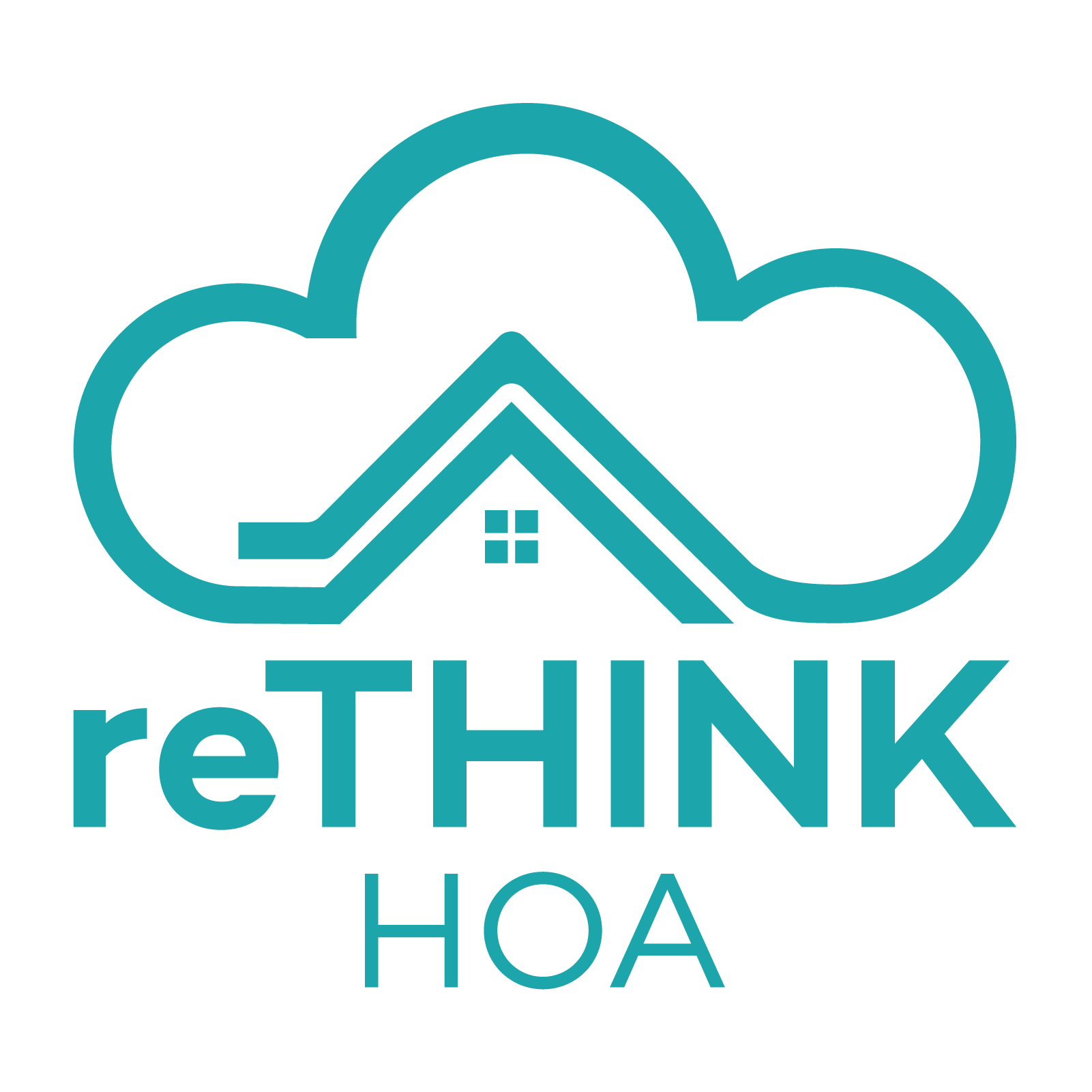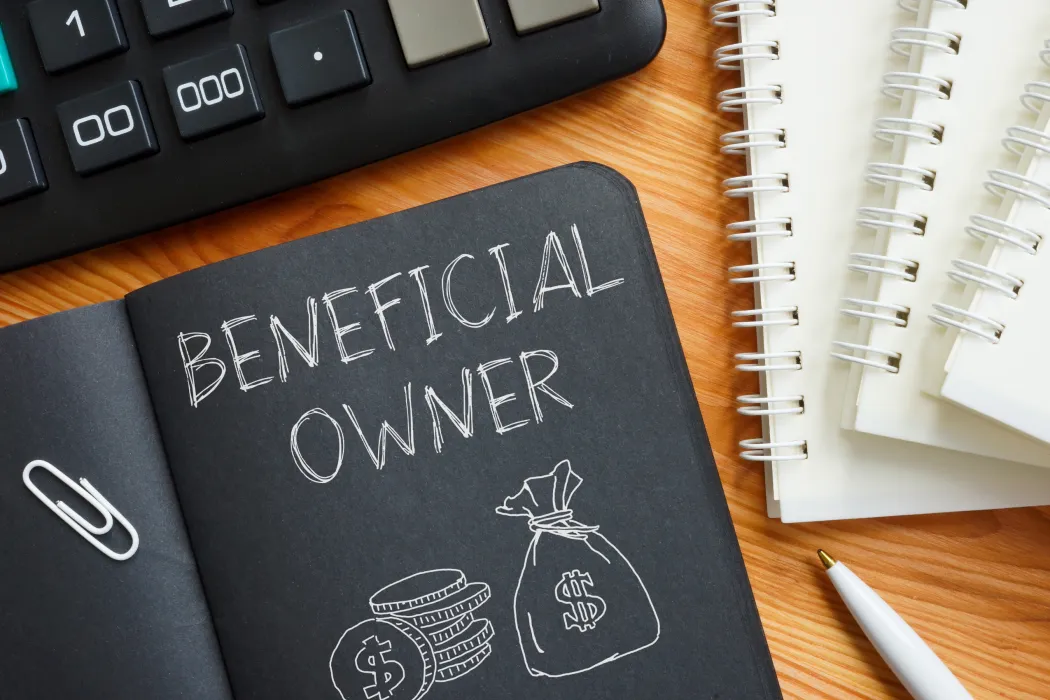The Corporate Transparency Act (CTA), originally set to require HOAs to report beneficial ownership information to the Financial Crimes Enforcement Network (FinCEN), is no longer being enforced for U.S. entities. On March 2, 2025, the Treasury Department announced that it would suspend penalties and limit the rule to foreign reporting companies.[15] While HOAs were previously required to file reports, this enforcement change means domestic HOAs no longer face compliance obligations. However, it’s still useful to understand the original requirements in case future regulatory updates reinstate any obligations.
In this article, we'll explain who needs to file, what information is required, and how your HOA can meet its obligations under the CTA.

- The Treasury Department announced on March 2, 2025, that HOAs are no longer required to file beneficial ownership reports.
- No fines or penalties will be imposed on HOAs for non-compliance.
- The CTA will now apply only to foreign reporting companies, but U.S. HOAs should stay informed in case of future regulatory changes.
An Introduction to Beneficial Ownership Information Reporting Requirements
What is the Corporate Transparency Act (CTA)?
The Corporate Transparency Act (CTA) was introduced to combat financial crimes, such as money laundering, by increasing transparency around company ownership and control. Its primary objective is to ensure that beneficial owners—those with significant control or ownership—are identified and reported to FinCEN. This increased transparency helps prevent bad actors from using complex corporate structures to hide their activities.[3]
For HOAs, the impact is clear: while some exemptions exist[9], most HOAs will need to comply. HOAs incorporated or registered as legal entities must file a Beneficial Ownership Information Report (BOIR) with FinCEN.
Beneficial Ownership Information Report (BOIR): The BOIR is the official filing required under the CTA, in which entities disclose key details about their beneficial owners—individuals with significant control or ownership.
Will HOAs Be Required to File a BOIR?
HOAs were previously expected to file BOIR with FinCEN, as they were classified as "reporting companies." However, as of March 2, 2025, the Treasury Department has suspended enforcement of these requirements for U.S. entities, including HOAs. Before the Treasury’s suspension of enforcement, HOAs were expected to file if they were incorporated or registered as legal entities, as they met the definition of a "reporting company." While non-profit HOAs do not qualify as charitable organizations under the tax code, the CTA originally applied to all incorporated HOAs, condominium associations, and co-ops. However, as of March 2, 2025, these filing requirements no longer apply to U.S. entities.
In April 2024, FinCEN issued clarifications highlighting the importance of identifying beneficial owners, even if no individual owns or controls 25% or more of the HOA[12]. In such cases, at least one beneficial owner—typically a senior officer or decision-maker—must be reported.
Who are the Beneficial Owners?
In HOAs, it's rare for one person to own 25% or more, so the focus is usually on individuals who exercise substantial control. Beneficial owners typically include board members or senior officers responsible for making major decisions for the HOA. If several individuals meet these criteria, there can be multiple beneficial owners.
According to FinCEN's guidance[1], an individual is considered to have substantial control if they:
- Hold a senior officer role, such as President, CEO, CFO, or General Counsel
- Have the authority to appoint or remove directors or senior officers
- Play a key role in significant decision-making processes or substantially influence the HOA's operations
Even if no one owns 25% or more of the HOA, your reporting company must still report at least one beneficial owner, typically a senior officer or board member[12].
Who is the Company Applicant?
Common examples of company applicants include attorneys, registered agents, or professionals who handle the formation process. In some cases, a board member may also be the company applicant if they were directly involved in the incorporation or registration process.
Only reporting companies created or registered on or after January 1, 2024, will need to report their company applicants.
What is the Deadline to File a BOIR?
The original deadline to file a BOIR depended on when the HOA was formed, but as of March 2, 2025, these deadlines no longer apply. The Treasury Department has suspended enforcement of penalties for U.S. entities, including HOAs.
No fines or criminal penalties will be imposed on HOAs for failing to file a BOIR. However, since the Treasury plans to narrow the rule to foreign reporting companies, it’s important for HOAs to stay informed about any future regulatory updates.
Other Frequently Asked Questions About Reporting Requirements
Will there be a fee for submitting a BOIR to FinCEN?
No. There is no fee for submitting your beneficial ownership information report to FinCEN.[5]
Is a reporting company required to use an attorney, certified public accountant, enrolled agent, or other service provider to submit beneficial ownership information to FinCEN?
No. FinCEN expects that many, if not most, reporting companies will be able to submit their beneficial ownership information to FinCEN on their own using the guidance FinCEN has issued. Reporting companies that need help meeting their reporting obligations can consult with professional service providers, such as lawyers, accountants, or enrolled agents.[6]
Who can file a BOI report on behalf of a reporting company, and what information will be collected on filers?
Anyone a reporting company authorizes to act on its behalf—such as an employee, owner, or third-party service provider—may file a BOI report on the reporting company’s behalf. When submitting the BOI report, individual filers should be prepared to provide basic contact information about themselves, including their name and email address. The person filing the BOI report, including a third-party service provider, must certify on behalf of the reporting company that the information is true, correct, and complete. (See Question C.15 regarding who can file a BOI report for a reporting company that ceases to exist before its initial BOI report is due to FinCEN.)[7]
Final Thoughts
The CTA was originally designed to increase corporate ownership transparency, but the Treasury Department announced in March 2025 that it will no longer enforce these requirements for U.S. entities.
While this is a major regulatory shift, U.S. HOAs no longer need to comply with the CTA. Future rule changes will only affect foreign reporting companies, so HOAs do not need to anticipate new filing requirements. However, staying informed on regulatory updates is always good practice.
Want to stay updated on future HOA compliance changes? Subscribe to our newsletter to get the latest updates as regulations evolve.
Footnotes & References
- Financial Crimes Enforcement Network (FinCEN). Small Entity Compliance Guide
- Financial Crimes Enforcement Network (FinCEN). Beneficial Ownership Information. Frequently Asked Questions. A.1. What is beneficial ownership information?
- Financial Crimes Enforcement Network (FinCEN). Beneficial Ownership Information. Frequently Asked Questions. A.2. Why do companies have to report beneficial ownership information to the U.S. Department of the Treasury?
- Financial Crimes Enforcement Network (FinCEN). Beneficial Ownership Information. Frequently Asked Questions. B.2. When do I need to report my company's beneficial ownership information to FinCEN?
- Financial Crimes Enforcement Network (FinCEN). Beneficial Ownership Information. Frequently Asked Questions. B.4. Will there be a fee for submitting a BOIR to FinCEN?
- Financial Crimes Enforcement Network (FinCEN). Beneficial Ownership Information. Frequently Asked Questions. B.7. Is a reporting company required to use an attorney, certified public accountant, enrolled agent, or other service provider to submit beneficial ownership information to FinCEN?
- Financial Crimes Enforcement Network (FinCEN). Beneficial Ownership Information. Frequently Asked Questions. B.8. Who can file a BOI report on behalf of a reporting company, and what information will be collected on filers?
- Financial Crimes Enforcement Network (FinCEN). Beneficial Ownership Information. Frequently Asked Questions. C.1. What companies will be required to report beneficial ownership information to FinCEN?
- Financial Crimes Enforcement Network (FinCEN). Beneficial Ownership Information. Frequently Asked Questions. C.2. Are some companies exempt from the reporting requirement?
- Financial Crimes Enforcement Network (FinCEN). Beneficial Ownership Information. Frequently Asked Questions. C.10. Are homeowners associations reporting companies?
- Financial Crimes Enforcement Network (FinCEN). Beneficial Ownership Information. Frequently Asked Questions. D.1. Who is a beneficial owner of a reporting company?
- Financial Crimes Enforcement Network (FinCEN). Beneficial Ownership Information. Frequently Asked Questions. D.13. Who is the beneficial owner of a homeowners association?
- Financial Crimes Enforcement Network (FinCEN). Beneficial Ownership Information. Frequently Asked Questions. E.1. Who is a company applicant of a reporting company?
- Financial Crimes Enforcement Network (FinCEN). Beneficial Ownership Information. Frequently Asked Questions. K.2. What penalties do individuals face for violating BOI reporting requirements?
- U.S. Department of the Treasury. Press Releases. March 2, 2025. Treasury Department Announces Suspension of Enforcement of Corporate Transparency Act Against U.S. Citizens and Domestic Reporting Companies.
Disclaimer: The information provided in this article is intended for general informational purposes only. It does not constitute legal, financial, or professional advice, nor is it a substitute for consulting with qualified professionals. While we strive to provide accurate and up-to-date information, we make no guarantees regarding the applicability or accuracy of any information provided. Users are encouraged to consult with a qualified attorney, financial advisor, or legal professional for advice tailored to their specific situation. reTHINK HOA is not responsible for any actions taken based on the information provided in this article.






